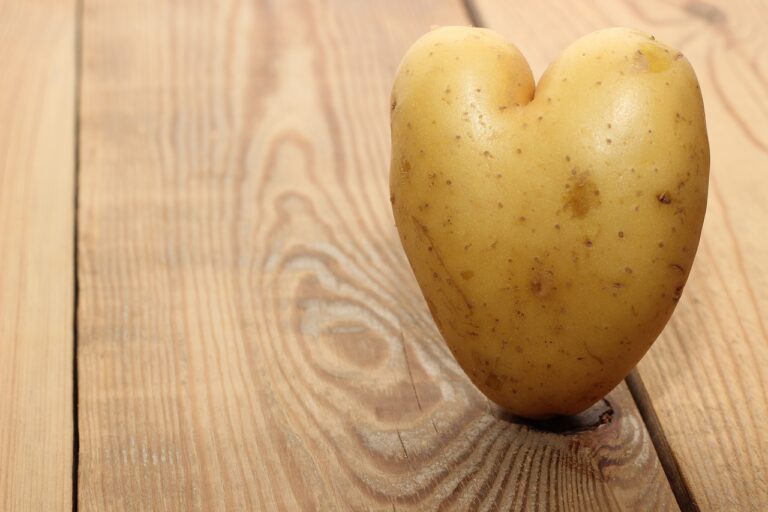The Influence of Meat Consumption on Gender Identity: Betbhai.com sign up, Playexch in live login, Gold365 login
betbhai.com sign up, playexch in live login, gold365 login: The Influence of Meat Consumption on Gender Identity
Meat consumption has long been a controversial topic, with debates ranging from ethical concerns to health impacts. However, one aspect that is often overlooked is how meat consumption can influence gender identity. In this blog post, we will explore the link between meat consumption and gender identity, and how the two are interconnected.
**The Cultural Significance of Meat**
Throughout history, meat has been associated with masculinity and strength. The image of a man grilling a steak on a barbecue or devouring a burger has been ingrained in our cultural consciousness. This association between meat and masculinity can have a significant impact on individuals’ perceptions of their own gender identity.
**The Connection Between Meat Consumption and Masculinity**
Studies have shown that individuals who consume more meat tend to have stereotypically masculine traits. These traits include aggressiveness, dominance, and competitiveness. As a result, individuals who consume more meat may feel pressure to conform to traditional gender roles and expectations.
**Meat as a Symbol of Power**
In many cultures, meat is seen as a symbol of power and dominance. The act of hunting and consuming meat has historically been associated with masculinity and strength. As a result, individuals who consume more meat may feel a sense of power and control over their own gender identity.
**The Impact of Meat Consumption on Gender Norms**
The connection between meat consumption and gender identity also extends to societal norms and expectations. Men are often encouraged to consume more meat as a way to assert their masculinity, while women are often discouraged from eating too much meat in order to maintain a certain body image.
**The Gendered Marketing of Meat**
The marketing of meat products also plays a role in reinforcing gender stereotypes. Advertisements for meat products often use hypermasculine imagery to appeal to male consumers, while targeting female consumers with messages about health and wellness. These marketing tactics can further shape individuals’ perceptions of their own gender identity.
**The Intersection of Meat Consumption and LGBTQ+ Identities**
It’s important to note that the relationship between meat consumption and gender identity is not limited to cisgender individuals. LGBTQ+ individuals may also feel pressure to conform to traditional gender norms through their dietary choices. The intersection of meat consumption and gender identity is complex and multifaceted, and it’s important to consider the diverse experiences of all individuals.
**Conclusion**
In conclusion, the influence of meat consumption on gender identity is a complex and nuanced issue that warrants further exploration. The cultural significance of meat as a symbol of masculinity, power, and dominance can have a profound impact on individuals’ perceptions of their own gender identity. By examining the connection between meat consumption and gender norms, we can better understand the ways in which diet and identity intersect.
**FAQs**
**1. Does meat consumption directly impact an individual’s gender identity?**
While meat consumption alone may not determine an individual’s gender identity, it can certainly influence the way in which they perceive themselves and how others perceive them.
**2. Are there alternative sources of protein that do not carry the same gendered connotations as meat?**
Yes, there are plenty of plant-based sources of protein that do not carry the same gendered connotations as meat. These include legumes, nuts, seeds, and tofu.
**3. How can individuals navigate societal expectations around meat consumption and gender identity?**
Individuals can navigate societal expectations by being mindful of the cultural messages surrounding meat consumption and making choices that align with their own values and beliefs, regardless of gender norms.
**4. What are some ways to challenge traditional gender roles in relation to meat consumption?**
One way to challenge traditional gender roles is to educate oneself on the impact of gender norms on dietary choices and to advocate for more inclusive and diverse representations in food marketing and advertising.







